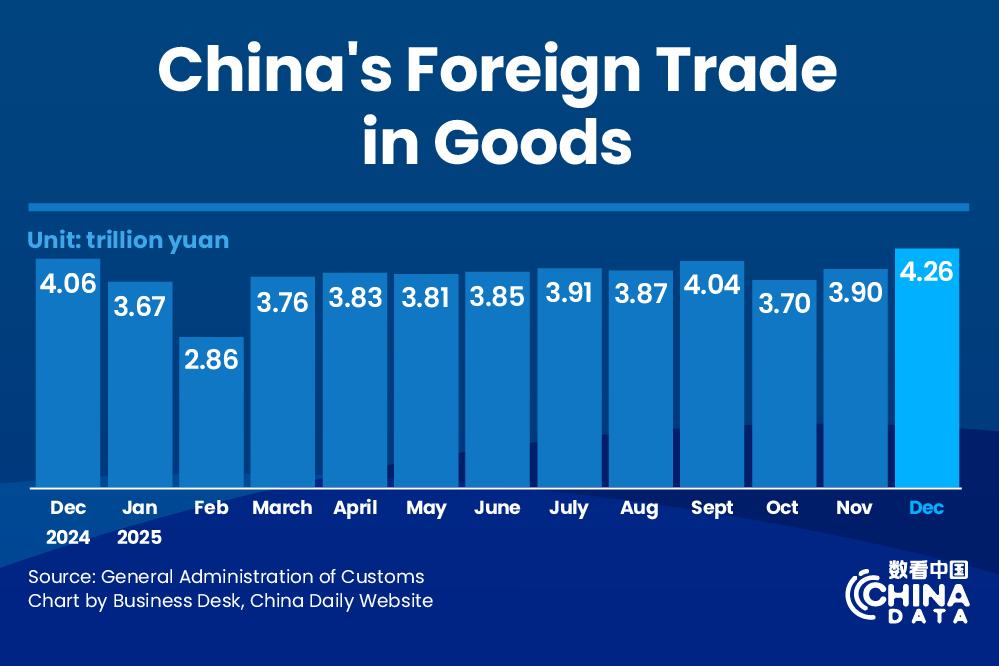US tariffs threaten economic interdependence

Trade row forces Chinese importers to look to South America
The Peak Pegasus, a bulk cargo ship carrying 70,000 metric tons of US-grown soybeans, was closely watched by millions of people on Sina Weibo on July 6 as it raced to the Chinese port of Dalian before China's 25 percent retaliatory tariffs took effect that day.
It failed to meet the deadline. The ship then remained at sea for a month, at a cost of $12,500 a day, before finally docking at the port in Liaoning province on Aug 11 and unloading its cargo the next morning.
Bringing in the shipment of soybeans worth more than $20 million incurred additional tariffs of about $6 million.
On July 6, China placed extra tariffs on $34 billion worth of US exports, including soybeans, in response to US President Donald Trump's decision to slap 25 percent punitive tariffs on $34 billion worth of Chinese exports to the US the same day.
US tariffs on another $16 billion worth of Chinese exports are due to take effect on Thursday, and China has promised to respond in kind.
Trump has also threatened to impose new tariffs on all $505 billion worth of Chinese exports to the US.




































